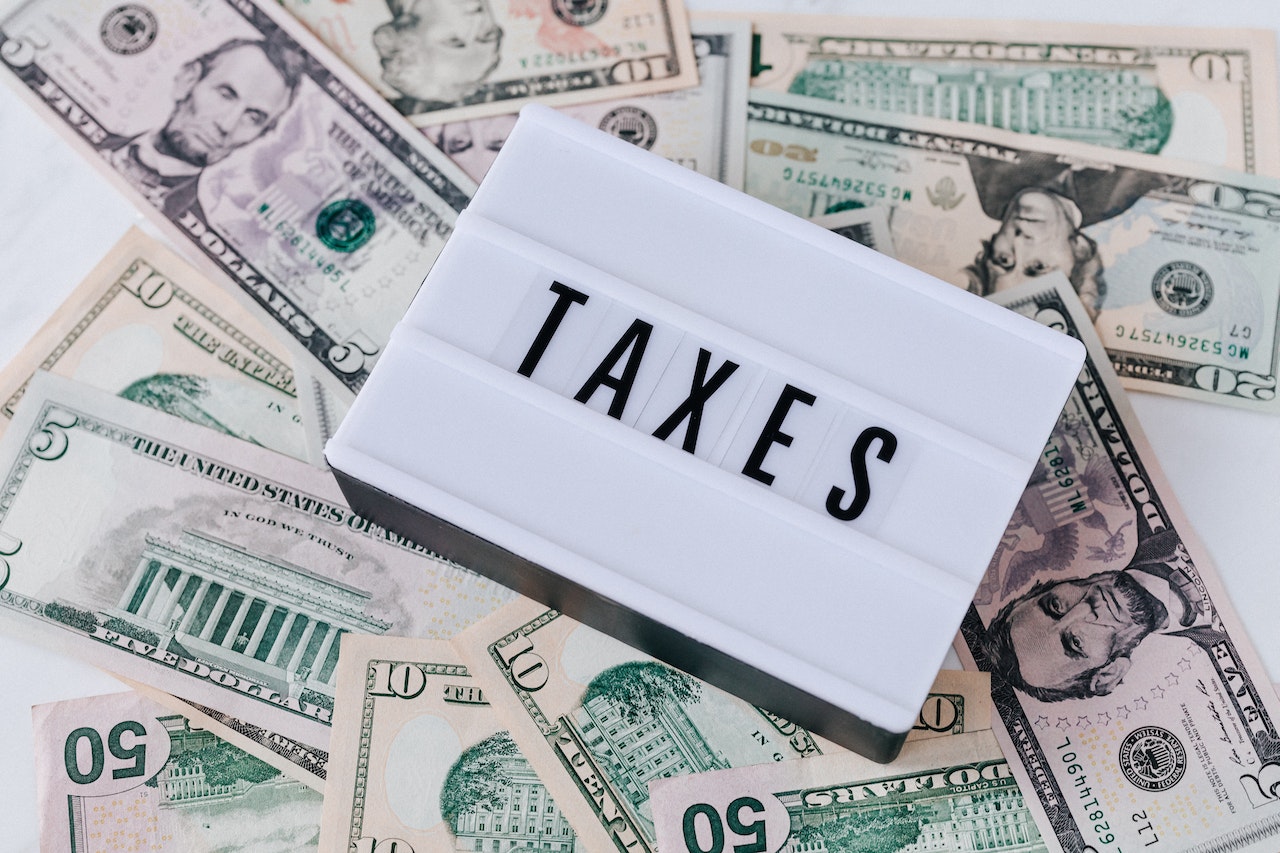Comments
- No comments found

As a freelancer, you have to manage every aspect of your business and taxes are no exception.
The Internal Revenue Service (IRS) requires you to make estimated tax payments throughout the year if you expect to owe more than $1,000 in taxes come tax time. This can be a daunting task as a freelancer, as your income can vary from month to month and it can be challenging to keep up with tax payments while still focusing on your business. In this article, we will discuss tax strategies for managing estimated tax payments and avoiding penalties.

One of the most critical steps in managing estimated tax payments is estimating your taxes accurately. This requires knowing how much you will owe in taxes for the year. If you receive income from several sources, such as W-2 wages and self-employment income, it can be challenging to estimate your taxes accurately.
Thankfully, the IRS provides a helpful tool – the “how much taxes do I pay on a 1099 tax rate calculator” – to help calculate your tax liability. This calculator helps you determine how much you should be withholding or paying in estimated taxes to avoid penalties.
The amount you pay in estimated taxes will depend on your income and deductible expenses. As a freelancer, you are responsible for self-employment taxes, which are calculated based on your net self-employment income. This means you will need to use a self-employed income tax calculator to estimate the amount of self-employment taxes you owe.
Once you have estimated your taxes, the next step is making quarterly tax payments to the IRS. It is crucial to make these payments on time to avoid penalties.
To make these payments, you can use the IRS’s online payment system, pay by phone, or mail in a check or money order. It is important to note that the IRS may require you to pay electronically, depending on your tax liability.
Additionally, if you overpay your estimated taxes, you can receive a refund or apply the overpayment to the following year’s estimated tax payments. Overpayment may occur if your income fluctuates throughout the year and you overestimate your tax liability.
As a freelancer, you are responsible for paying both income and self-employment taxes. However, there are several tax deductions and credits available to help reduce your taxable income and increase your tax savings.
One of the best ways to maximize your tax savings is to keep track of all business-related expenses and deductions. This includes expenses related to your home office, equipment, travel, and education. These deductions can add up quickly and significantly reduce your tax liability.
Another way to maximize your tax savings is to contribute to a retirement account, such as a traditional IRA or SEP IRA. These contributions are tax-deductible and can help reduce your taxable income.

It is essential to stay up-to-date with tax law changes to ensure that you are taking advantage of all available tax benefits and to avoid any penalties. Tax laws frequently change, and you must stay informed about these changes to remain compliant with the tax code.
The Tax Cuts and Jobs Act (TCJA) was passed in 2017, bringing considerable changes to the tax code. These changes can significantly impact freelancers and their tax liability. As a result, it is essential to review these changes and modify your tax strategy accordingly.
Managing estimated tax payments can be challenging for freelancers, especially as their income can vary from month to month. To avoid penalties for underpayment, freelancers need to estimate their taxes accurately and make quarterly payments on time. Additionally, freelancers should maximize their tax savings by taking advantage of all available deductions and credits. Finally, staying informed about tax law changes is essential to ensure that freelancers remain compliant with the tax code and reduce their tax liability. By following these strategies, freelancers can successfully manage their estimated tax payments and avoid penalties.
Leave your comments
Post comment as a guest